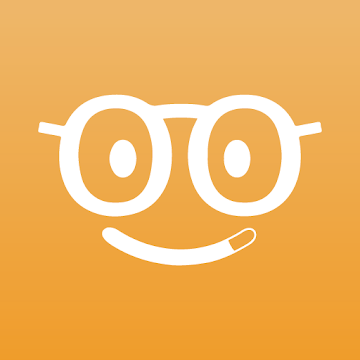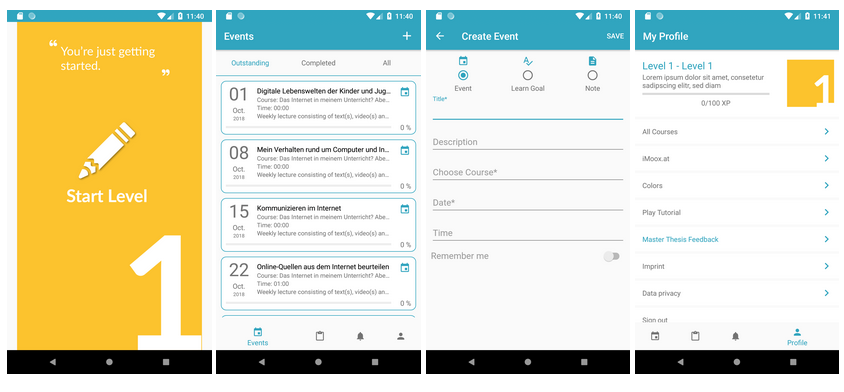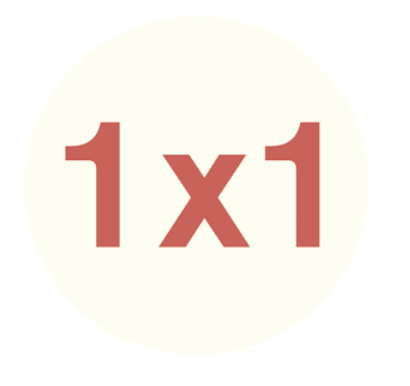Im Rahmen der Sonderausgabe der Zeitschrift Erziehung & Unterricht rund um das Thema „Lernen und Lehren mit Technologien: Vermittlung digitaler und informatischer Kompetenzen“ habe ich zusammen mit Gerald einen Beitrag rund um die Verwendung von OZOBOTs im Unterricht beigesteuert.
Die dabei entstandenen Unterrichtsbeispiele stehen bereits unter einer offenen Lizenz hier zur Verfügung.
Zusammenfassung:
Einsatz von OZOBOTs zur informatischen Grundbildung Summary: Die informatische Grundbildung ist eine der wesentlichen Kompetenzen in der Gesellschaft von morgen, eigentlich schon von heute. Daher ist es zwingend notwendig, entsprechende Feldstudien durchzuführen, um nachhaltige Unterrichtsszenarien zu entwicklen. Diese Publikation stellt den Einsatz von Mini-Robotern (sog. Ozobots) vor, welche einerseits durch farbige Linien am Papier gesteuert werden können oder andererseits direkt in einer ersten Programmierumgebung Ausführungsbefehle erhalten. Die Studie wurde in einer steirischen Schule in einem Umfang von zehn Schuleinheiten durchgeführt. Die Ergebnisse zeigen, dass sich die kleinen Devices nicht nur gut für das Schulsetting eignen, sondern dass die SchülerInnen viel Spaß hatten und sich mit großem Eifer beteiligten. Es kann zusammengefasst werden, dass der Einsatz Potential enthält und im Sinne von making einen Beitrag zur informatischen Grundbildung leistet.
[Langversion @ ResearchGate]
Referenz: Geier, G., Ebner, M. (2017) Einsatz von OZOBOTs zur informatischen Grundbildung. In: Lernen und Lehren mit Technologien:Vermittlung digitaler und informatischer Kompetenzen. Erziehung & Unterricht. Jg. 167. 7-8. S. 109-113



